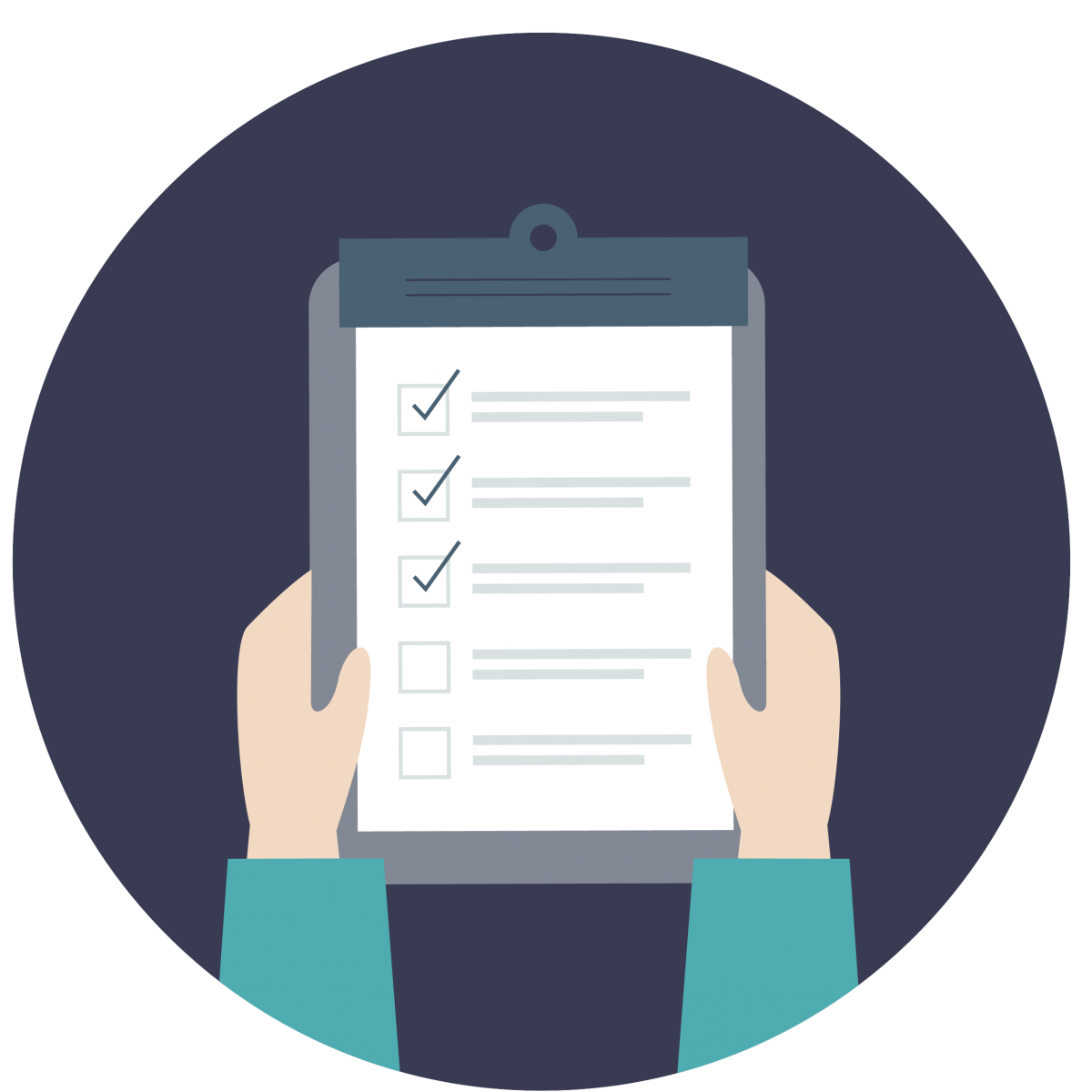
An Employer Identification Number (EIN) is also called a Federal Tax Identification Number. It identifies a business entity for tax purposes when filing tax returns or making deposits. Generally, businesses need their own identification number.
If your business is in the United States (U.S.) (or in a U.S. territory), you can apply for an EIN online, by mail, or fax. International applicants can get an EIN by phone, mail, or fax, but not online.

Even if you already have an EIN, certain business events require a new one. Generally, businesses need a new EIN when their ownership or structure changes. Since the reasons vary for different types of business, see Do You Need a New EIN? for more information.
You can also recover a lost or misplaced EIN. For details, see the What should I do? section, below.
You can complete your application for an EIN online:
This is the fastest way to get your EIN. The site will validate your information and issue the EIN immediately. To use the online application, the following must be true:
Complete an IRS Form SS-4, Application for Employer Identification Number, and fax or mail it to the IRS. Where to send it depends on if your business is inside or outside the U.S. – the addresses and fax numbers are on IRS.gov – “Where to File Your Taxes” (for Form SS-4).
If you provide a fax number on the application, you should receive a fax with the EIN within four business days. The processing time for a mailed application is about four weeks.
Only international applicants can apply for an EIN by phone. Call 267-941-1099 (not a toll-free number) from 6:00 a.m. to 11:00 p.m. ET, Monday through Friday.
The person calling must be authorized to receive the EIN and can answer the questions on IRS Form SS-4, Application for Employer Identification Number. It’s helpful to fill out the form before calling because the IRS employee will need that information. You can receive your EIN by phone and use it immediately to file a tax return or make a payment.
NOTE: The IRS will limit the EIN issuance to one per responsible party per day. This limitation is applicable to all requests for an EIN whether online, by mail or fax.
If you’ve lost your EIN, there are a few places you should look:
You can also ask the IRS to search for your EIN. Call the Business & Specialty Tax Line – (800) 829-4933. The line is open 7:00 a.m. – 7:00 p.m. local time, Monday through Friday.
EINs can’t be canceled – they are unique identifiers that aren’t reused. If you got a number but later decide you don’t need it, you can write a letter to the IRS and ask it to close your business account. For example: You received a number, but never started the business or exempt organization.
It is very important that each individual business with filing and payment responsibilities have its own EIN.
If you don’t have the EIN by the time you need to file a tax return, file the tax return, and write, “Applied For” and the date you applied in the space for the EIN. Don’t put your SSN or another business’s EIN in this space.
If you haven’t received your EIN and you need to make a tax deposit (payment), file your Form 941, Employer’s Quarterly Federal Tax Return, and write “Applied For” and the date you applied in the space for the EIN. Make your check or money order payable to the Internal Revenue Service and include your name (as shown on the IRS Form SS-4), address, kind of tax, tax period, and the date you applied for your EIN.
The Taxpayer Advocate Service is an independent organization within the IRS that helps taxpayers and protects taxpayers’ rights. We can offer you help if your tax problem is causing a financial difficulty, you’ve tried and been unable to resolve your issue with the IRS, or you believe an IRS system, process, or procedure just isn’t working as it should. If you qualify for our assistance, which is always free, we will do everything possible to help you.
Low Income Taxpayer Clinics (LITCs) are independent from the IRS and TAS. LITCs represent individuals whose income is below a certain level and who need to resolve tax problems with the IRS. LITCs can represent taxpayers in audits, appeals, and tax collection disputes before the IRS and in court. In addition, LITCs can provide information about taxpayer rights and responsibilities in different languages for individuals who speak English as a second language. Services are offered for free or a small fee. For more information or to find an LITC near you, see the LITC page on the TAS website or Publication 4134, Low Income Taxpayer Clinic List.